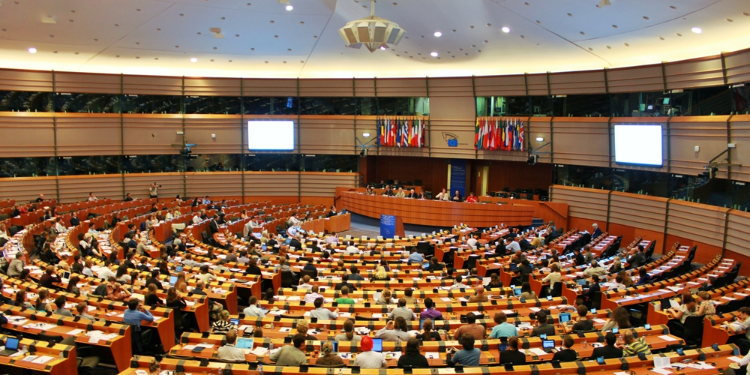
On October 12, the declaration of the Belgian Prime Minister looked like a Marshall Plan. The objective is to reduce budgetary costs while relaunching employment in the country. Even though the Prime Minister has not mentioned expatriates, this does not mean that the tax reform will spare them. So what is changing in 2022, and what should expats expect?
What's surprising about this reform
For Finance Minister Vincent Van Peteghem, “Some things cannot wait”. Still, the European Union is not in a hurry to implement such measures, considering the pandemic and the economic crisis that significantly impacted budgets around the globe. But Belgium looks determined to make an effort. According to the Minister of Finance, the tax reform is expected to reduce the budget deficit to -3.1% (from 5.4% currently). Prime Minister Alexander De Croo specifies that the government has decided to make an effort of 2.4 billion. As the opposition keeps silent about these measures, the Vivaldi coalition is eager to consolidate public finances. Furthermore, the government coalition highlights the effort to support the middle classes (tax cuts worth 1.2 billion euros) while taxing the better-off more. The case of footballers was highlighted in the Belgian media, but there is little information regarding expatriates and how they will be affected by the reform.
The end of the special tax regime for expatriates?
The new tax reform is a serious concern for expats in Belgium and anyone who would like to relocate to the country. This means that tax contributions are likely to be higher. Until now, expatriates in Belgium have benefited from a favourable regime, governed by the ordinance of August 8, 1983. Within this framework, expatriates are particularly entitled to lower income taxes under certain conditions. They may even benefit from deductions on certain taxable income. Regarding expats who are on a short-term contract, another benefit is that the rate of income tax paid depends on the number of days they worked. But things are very likely to change with this new tax reform.
In February 2021, the Belgian government has already warned that the special tax regime for foreigners is coming to an end in 2022. This measure could bring in some 35 million euros for the federal government. The tax deductions would be capped at € 90,000 on taxable income, depending on professions. The Belgian government also intends to almost double the minimum wage threshold to benefit from these advantages. However, these are mere proposals that yet have to be approved by the Parliament.
According to the Vivaldi government, this tax reform will end an obsolete regime and finally agree with the European directives aiming to prohibit the selective advantages to the companies. Considering the pandemic, the economic crisis and the Pandora papers, Belgium is sending a clear and strong signal. Greater control will provide for a better representation of the tax burden and wealth redistribution.



















